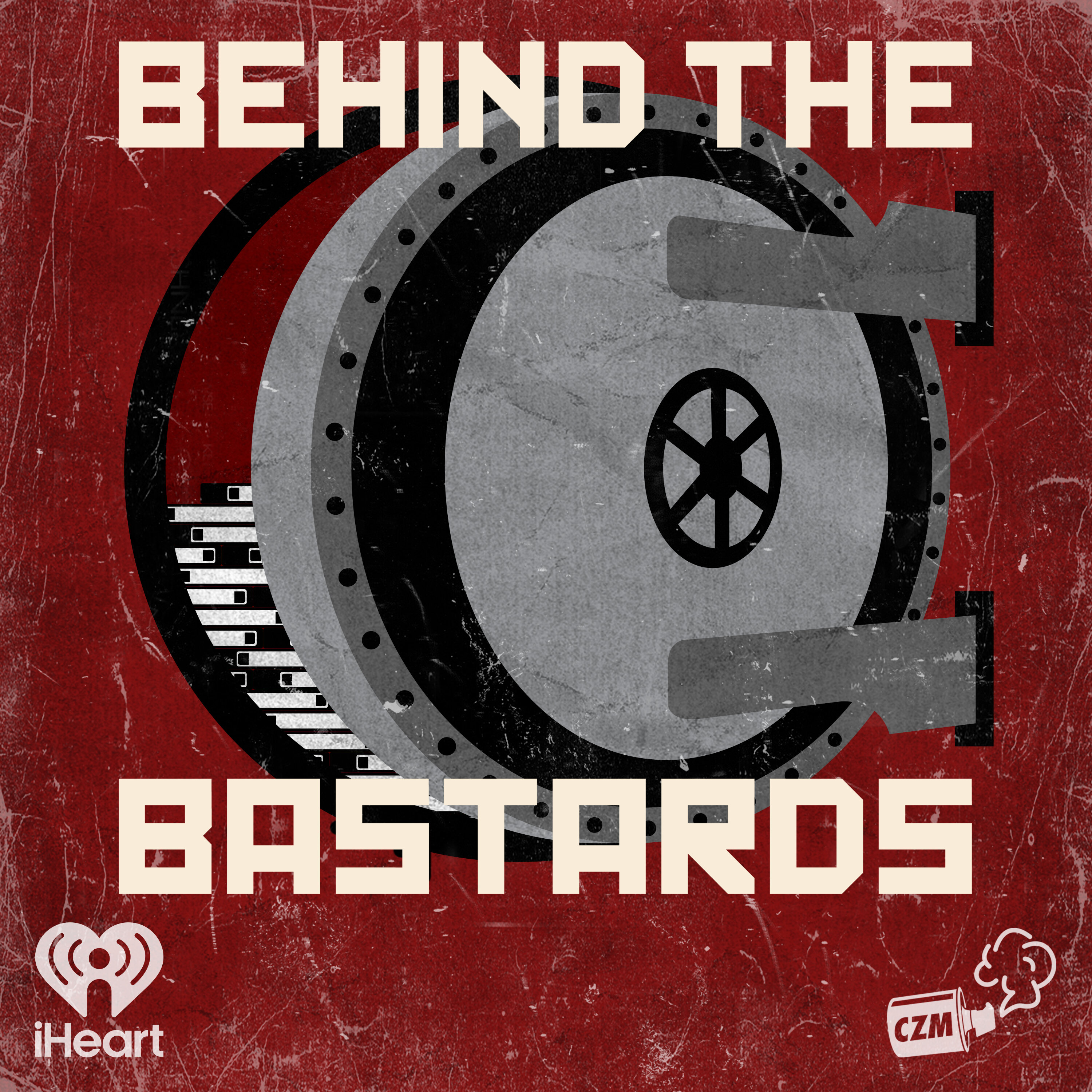Chapter

The History of US-Iran Relations in Afghanistan
In 2001, Iran supported the US invasion of Afghanistan by fighting alongside US Special Forces against the Taliban. However, the relationship took a quick turn when, in 2002, President George W. Bush named Iran part of the "Axis of Evil" in his State of the Union address, which caught Iran and a US diplomat in Kabul by surprise.
Clips
Kasim Suleimani was recently appointed to head the Kud's force, which is perceived as the head of the resistance against Israel and the United States.
51:48 - 56:29 (04:40)
Summary
Kasim Suleimani was recently appointed to head the Kud's force, which is perceived as the head of the resistance against Israel and the United States. Suleimani embarks on a policy of recruiting and training agents across the Middle East and has had success with Hezbollah in Lebanon, which began as a resistance to Israeli occupation.
ChapterThe History of US-Iran Relations in Afghanistan
EpisodeQassem Soleimani and the Bastardful History of U.S. / Iran Relations
PodcastBehind the Bastards
The Axis of Evil speech by President George W. Bush in January 2002, which declared Iran as part of an axis of evil alongside Iraq and North Korea, took Iran by surprise considering their soldiers were literally fighting alongside the United States in Afghanistan.
56:29 - 1:02:04 (05:35)
Summary
The Axis of Evil speech by President George W. Bush in January 2002, which declared Iran as part of an axis of evil alongside Iraq and North Korea, took Iran by surprise considering their soldiers were literally fighting alongside the United States in Afghanistan. Ryan Crocker, former deputy chief of the American embassy in Kabul, recalled how the speech caused Qasem Soleimani, the head of Iran's Quds Force, to reconsider the country's relationship with America.
ChapterThe History of US-Iran Relations in Afghanistan
EpisodeQassem Soleimani and the Bastardful History of U.S. / Iran Relations
PodcastBehind the Bastards
The manufacturing and export of huge amounts of explosively formed projectiles (EFPs), which could only have been made in Iran, contributed to the US military’s hatred of Qassem Soleimani and became a key factor in his assassination.
1:02:04 - 1:04:49 (02:44)
Summary
The manufacturing and export of huge amounts of explosively formed projectiles (EFPs), which could only have been made in Iran, contributed to the US military’s hatred of Qassem Soleimani and became a key factor in his assassination.